Now that we’ve all discovered just how far Team Sky was ethically willing to go in manipulating the TUE’s for Bradley Wiggins, it’s interesting to think about the fallout and impact on the team and compare that with what happened at Garmin (now Cannondale-Drapac.)
These were the two “Clean Teams” that represented the new approach to cycling, one that was adamantly, publicly and vocally against doping. Between Garmin’s Jonathan Vaughters and Sky’s David Brailsford, we had two prominent and influential men trying to change the culture.
While Sky took a zero tolerance approach compared to Vaughters, who took on former doper David Millar among others, they both pushed the drug-free agenda. It’s was all-in for winning clean, winning the right way.
That seemed to go well for a few years and then things fell apart, damaging the reputations of both squads. The interesting part is how the downfalls differ in style, magnitude and perception.
When Garmin’s Tom Danielson was popped for doping just prior to the 2015 Tour of Utah, Garmin’s perfect record received its first stain. It was ugly and unexpected and even Danielson’s good friend on the team, anti-doping advocate Phil Gaimon, could simply not believe it was true. The 37 year old Danielson claimed a tainted supplement but couldn’t prove it and received a four year ban, career essentially over.
There were loud howls asking for Vaughter’s head and some of his designer clothes. He’d once made a promise to fold the team if they ever got a doping positive but then decided he didn’t wish to shut an entire operation down.
Sponsors were disappointed, the team betrayed fans, the cynics attacked and Garmin lost their special status as the good guys in white hats with dash of argyle who could save cycling. Perhaps the worst fall-out imaginable: some people now saw Garmin as just another WorldTour team with a suspect commitment to clean cycling.
Perfection is a pretty high standard and zero tolerance also provides zero leeway. Nevertheless, that’s the all or nothing, no gray allowed, absolute purity stance that Team Sky took from day one. There was no place for ex-dopers or anyone with a suspect past. It was a high and mighty attitude with plenty of smug and condescension for the rest of the cycling world but that was the mission statement.
What followed was the gradual unraveling of zero tolerance as later, coaches and director sportifs like Bobby Julich and Steven De Jongh were booted out for past doping offenses as riders and DS Sean Yates suddenly “retired” with many critics wondering if the reasons were due to his past with Lance Armstrong and Motorola, etc etc.
Then there was the poor judgement (and lack of background checks) surrounding the hiring of Dutch doctor Geert Leinders, who freelanced for the team in 2011 and 2012. Leinders also had a suspect past and in 2015 he was banned for life by anti-doping agencies.
This string of bad and embarrassing news was exacerbated by Sky’s Cleaner Than Thou attitude and the backlash was dramatic. Certain critics couldn’t wait to pull the team down, having a field day with what was seen as rampant hypocrisy.
Nevertheless the Sky machine plowed on and three Tour de France wins from Chris Froome will silence a lot of critics, especially within England.
All that changed when the Russian Fancy Bear hacking of WADA files revealed Sky’s aggressive, borderline unethical abuse of the Therapeutic Use Exemptions for Bradley Wiggins during his quest to win the Tour. While every story underlined that no law was broken, Wiggins’ usage of a powerful corticosteroid was questioned by many including his former team doctor, somewhat ironically, at Garmin.
Irish Journalist David Walsh, the man who, along with Floyd Landis, brought down Lance Armstrong, was quick to sum up the high-level damage report. “The team that wanted to be seen as whiter than white had been dealing in shades of grey. What they did was legal, but it wasn’t right.”
There you have two of the most purportedly”clean” programs in pro cycling both hit with doping issues. For Garmin, we’d argue the fallout was sad and disappointing but also isolated and 12 months on, largely in the rear view mirror.
The Danielson ban was one rider, a singular case, with no further repeats. Garmin had trumpeted their clean approach to cycling but they never did it in the same hardcore zero tolerance way chosen by Sky. They took a big hit and in some quarters there was perhaps some glee over taking Jonathan Vaughters down a peg. Things were bad but it didn’t feel, with no pun intended, like the Sky has fallen in.
Team Sky, on the other hand, went from zero tolerance to a multitude of questionable people and practices. Factor in the arrogance that came with the intolerance and the blowback was exponentially stronger.
The team that bragged about transparency, marginal gains, sports science and doing things the “right way” came across as having lost their way. The manipulation of the TUE system to Wiggins’ advantage in the Tour smacked of the win-at-all-costs mentality of Satin himself, Lance Armstrong.
Which team ultimately came off worse and how was the damage different? You can argue facts but in a Donald Trump fact-free universe, perception is everything. In our view, perception is that Garmin — now Cannondale-Drapac is still a very clean team with high ethical standards.
The perception right now of Sky? You could insist no rules were broken but the overall takeaway, given this long series of unfortunate events over the last year years, is that there’s something more systemic at work. Gray is not a color in the Sky kit but there is now plenty of gray on this team.

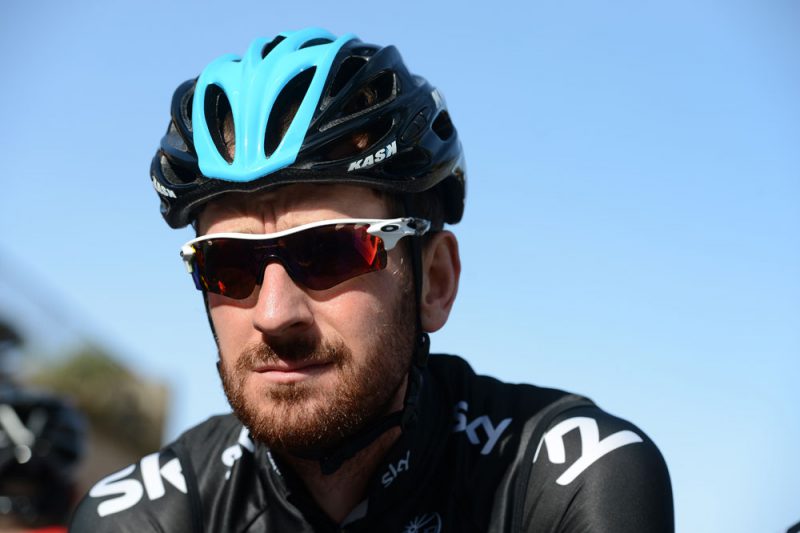
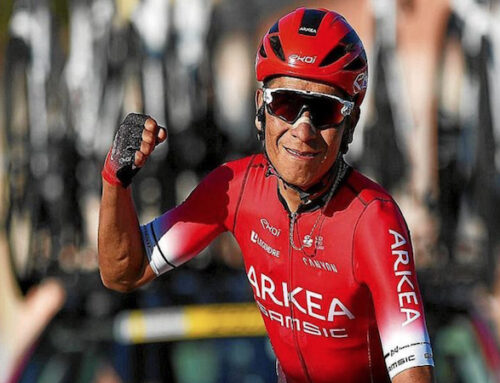
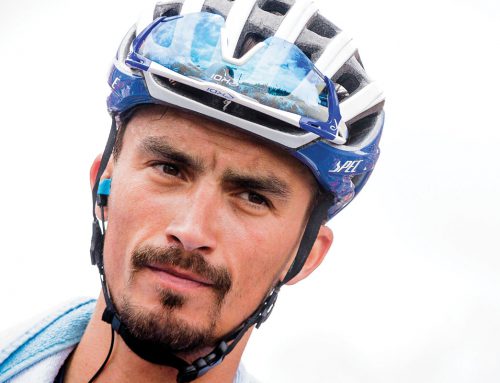
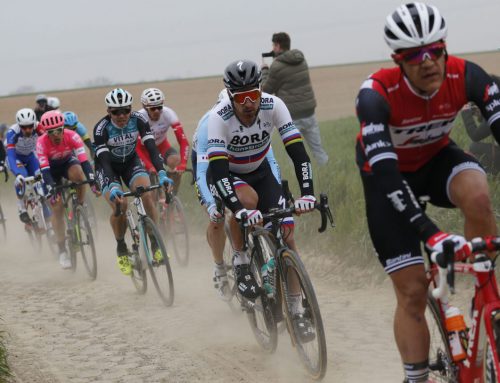
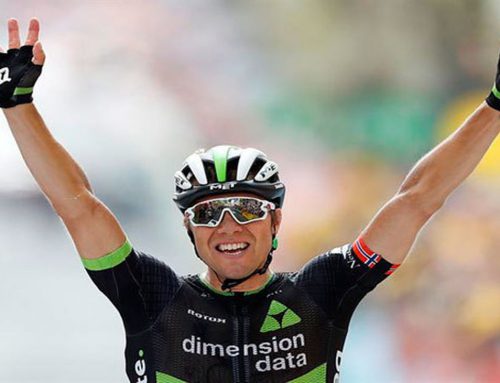
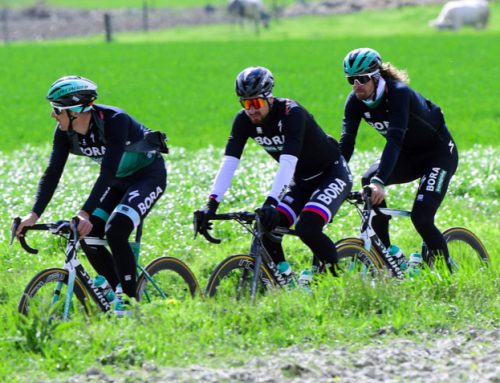
Leave A Comment